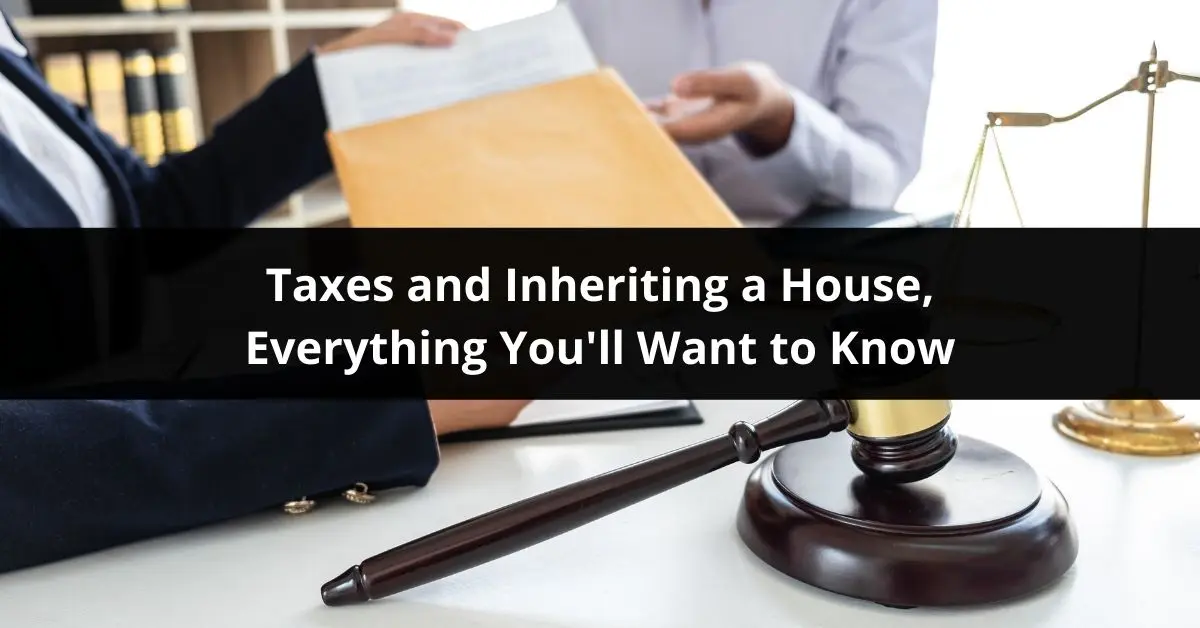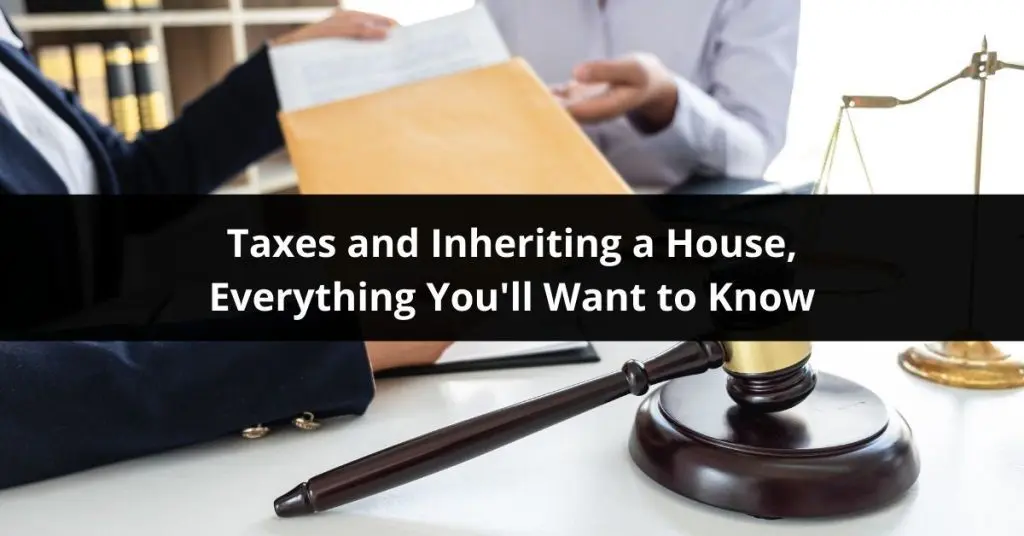If you inherited a house, taxes may come along with it. There may be even more hidden costs once you sell the house you inherit, but don’t worry, inheritance taxes on houses are easy to work with and this guide walks you through them without the legal jargon.
The costs and taxes with inheriting a house include:
- Inheritance Tax
- Capital Gains Tax
- Debt
Let’s jump into each one and see how they may apply to your specific situation.
Inheritance Taxes
Inheritance Tax is collected on inheritance you receive by the state you live in. These taxes are intended to raise money from property that might otherwise be untaxable. And good news, inheritance taxes on inherited homes do not exist at the federal level. And as of today only six states require you to pay taxes on houses you inherit.
States where you pay taxes on inherited houses include:
If you live in one of these states, contact (or visit the website of) their treasurer for more details. It is always a good idea to check the state you live in, and county, just in case your local laws have changed. Curious about how much you may have to pay in taxes on a house you inherited? Let’s dive in.
We’ll use Maryland for an example. If you reside in Maryland and received $10,000 in inheritance, 10% of that would be taxed to the state, leaving you with only $9,000. However, there is currently a clause in Maryland where the tax can be completely avoided if you are the deceased’s spouse, child, parent, or sibling. Otherwise, there is little you can do to reduce inheritance tax.
Capital Gains Tax on Inherited Houses
Capital gains tax is collected on the profit from selling capital (money-making) assets. Since a house you inherit can generate income for you over time, an inherited house is also considered as a capital asset. Therefore, capital gains tax maybe be owed on an inherited house if you sell it. These taxes may be filed using Schedule D (Form 1040).
You are exempt from capital gains tax if you meet the following:
- You lived in the sold house for 2 of the past 5 years
- Your gains do not exceed IRS threshold: $250,000 for single and $500,000 for married
If you need to pay the tax, calculating capital gains on an inherited house you sold is easy.
Start with the house’s Fair Market Value (FMV), which is how much property is worth compared to similar properties in your neighborhood. The IRS allows you to consider only the FMV at the time of the homeowner’s death; not when they bought it. To find taxable gains use this formula:
Sale Price – FMV at time of owner’s death = Taxable Gains
Let’s say you inherit a house from your dad. Its FMV at time of death is $500,000. You successfully sell it for $700,000. $700,000 – $500,000 is $200,000. $200,000 is what you’ll be responsible for paying taxes on. How much of that do you owe? Likely 15%, but depending on your income it may be more or less.
When you sell an inherited property, you sadly can’t keep all the money you make. Outside of the taxes on inherited homes, there may be outstanding debts you’ll need to pay.
Debts Owed by Deceased
Debts are not taxes, but they might also affect an inherited house. The deceased’s debts are collected from the estate. And good news, if there is not enough money to cover the debts, heirs cannot inherit debt. With that said, a mortgage is an exception.
A mortgage is money owed to a lender on property like a house. If you inherit a house with a mortgage, you need to make payments on it or risk foreclosure.
You have options if you inherit a house with a mortgage:
- Continue paying the mortgage as-is
- Refinance the property for more favorable rates
- Do not pay mortgage and allow the house to enter foreclosure process
- Sell your house for cash; pay off mortgage and keep extra money
The taxes that come with inheriting a house are nothing to be afraid of. And in many cases you may be able to make money if you sell the inherited house for profit, turn it into an investment property, or simply move in and pay the remaining mortgage so you can avoid rent. If you’ve inherited a home and have decided you don’t want to keep it, we’d be happy to buy it. Call us at and we’ll get you a hassle-free cash offer.
DISCLAIMER: State and Federal tax laws change frequently. The information above may not reflect current tax laws and is in no way a substitute for legal advice. For tax or legal advice, please consult with an accountant or attorney.



